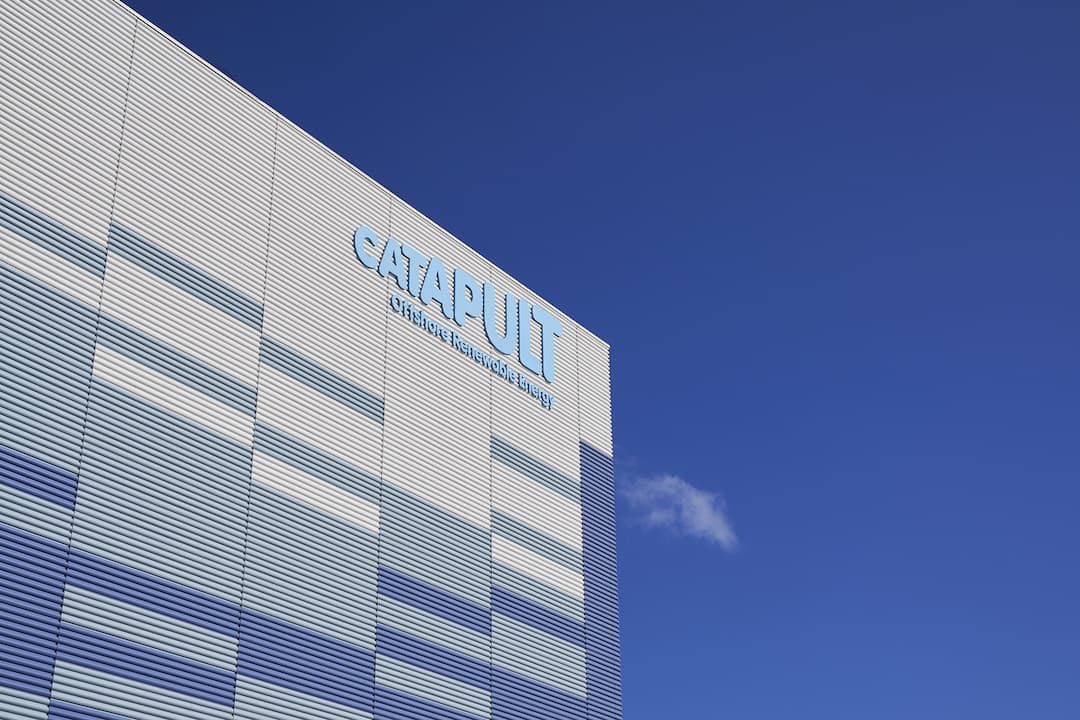Developing a manufacturing capability for the large components integral to next-generation turbines is vital if the UK is to accelerate the build-out of fixed and floating offshore wind. This will be critical to achieving Net Zero by 2050 and building back greener to reap the economic benefits of green jobs growth and enabling the delivery of 60% UK content.
The Joule Challenge
The Joule Challenge Phase 2 project is a flagship £5m, 20-month programme, funded by the Department for Business, Energy and Industrial Strategy (BEIS) through its Net Zero Innovation Portfolio (NZIP), established to create a detailed roadmap for incorporating radically new composite-based components in the next generation of offshore wind turbines.
Phase 1
Phase 1 of the Joule Challenge, completed in 2020, proved the importance of composite materials in enabling the next generation of offshore wind turbines. Phase 1 predicted impressive reductions in component masses of up to 60% and a reduction of embedded carbon of up to 55%.
The project has already produced a Technology Development Plan for a 20MW demonstration turbine, incorporating a programme framework, identification of critical technology gaps, potential partners and stakeholders and a detailed technology development path.
Phase 2
Delivered by a collaboration of two Catapult centres: ORE Catapult and the National Composites Centre (NCC), part of the High Value Manufacturing (HVM) Catapult, the Joule Challenge Phase 2 project will set out to prove that composite materials can deliver significant performance and light-weighting opportunities that will be essential to addressing the technical challenge of developing the next generation wind turbine platform beyond 20MW.
The second phase will focus on developing concept components utilising high-value design and manufacture (HVDM) expertise to capitalise on existing UK capabilities. It will also support the Offshore Wind Sector Deal’s ambitions to drive down the cost of energy through lower-cost manufacturing, increasing UK content and developing export opportunities of between £60-80m per year by 2030.
A key element of the project is the engagement with the UK composite and offshore wind sectors to gather market intelligence and explore the potential for how these next-generation components can be manufactured and delivered, with the emphasis on increasing content of the UK supply chains. The Joule Challenge brings together UK government, industry and academia to stimulate a step-change in technology and manufacturing processes to make the turbines of the future today’s reality.
Tom Wildsmith, Business Development Manager with ORE Catapult, explains:
“We predict that a 20MW prototype, incorporating increased levels of UK content and using lightweight composite materials, such as those that have been developed for advanced aerospace structures could be built by 2025. These next-generation turbines will be vital in providing the offshore wind capacity needed to meet the UK’s net-zero targets and there is a huge economic opportunity to be grasped too, through building a UK manufacturing capability.”
Get in touch
We are calling for industry large and small to help us shape the project’s outcomes. Get in touch if you would like to:
- Be part of our industry advisory group
- Join a pool of technical experts to review project outputs
- Attend supply chain and technology development workshops


